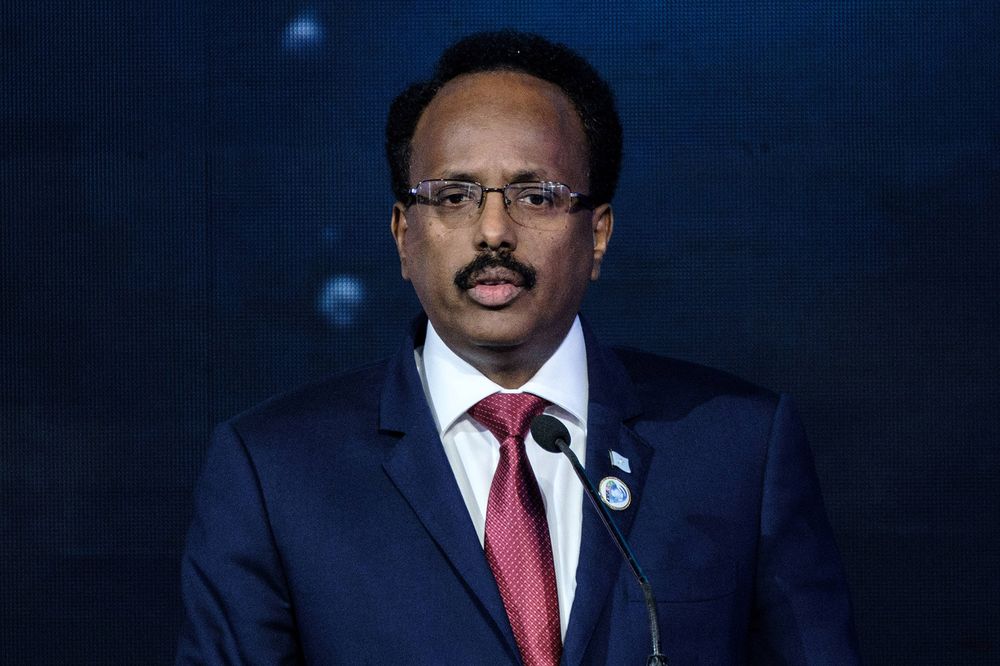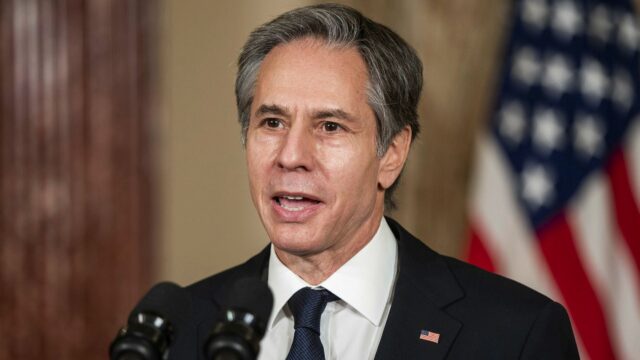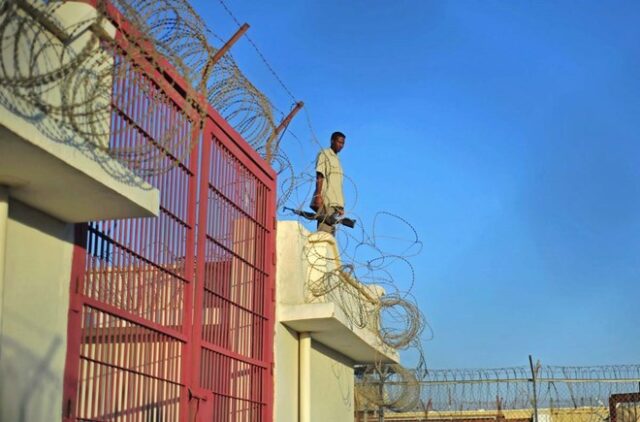
The U.S. and the European Union are considering imposing sanctions and taking other action against Somalia following a decision to extend the president’s mandate without an election.
President Mohamed Abdullahi, also known as Farmajo, this week signed into law a bill that extends his and lawmakers’ mandate by two years. The enactment followed a parliamentary session in which legislators voted for the extension.
The U.S. doesn’t support “mandate extensions without broad support from Somalia’s stakeholders,” Secretary of State Antony Blinken said in a statement. It will be compelled to reevaluate its relationship with Somalia’s federal government “and to consider all available tools, including sanctions and visa restrictions, to respond to efforts to undermine peace and stability,” he said.
Somalia is struggling to rebuild after two decades of civil war and amid an insurgency by al Qaeda-linked militants that the federal government is fighting with help from neighbors states, the U.S. and the EU. The current political crisis started after the nation failed to hold a scheduled vote in February, partly because of disagreements between federal and regional governments on the electoral process.
The EU joined the U.S. in criticizing the decision to extend the Farmajo’s mandate, saying it undermines efforts supported by the international community to rebuild Somalia through consensus.
The extension, which includes preparing for universal suffrage, abandons a September deal in which Farmajo and regional governments agreed an interim plan of voting through electoral colleges. Opposition politicians later accused the president of deploying his supporters to the electoral boards as he plans to seek a second term.
“We call for an immediate return to talks on the holding of elections without delay based on the September 17 agreement,” the EU’s foreign policy chief, Josep Borrell Fontelles, said in a statement. “Failing this, the EU will consider further concrete measures.”






